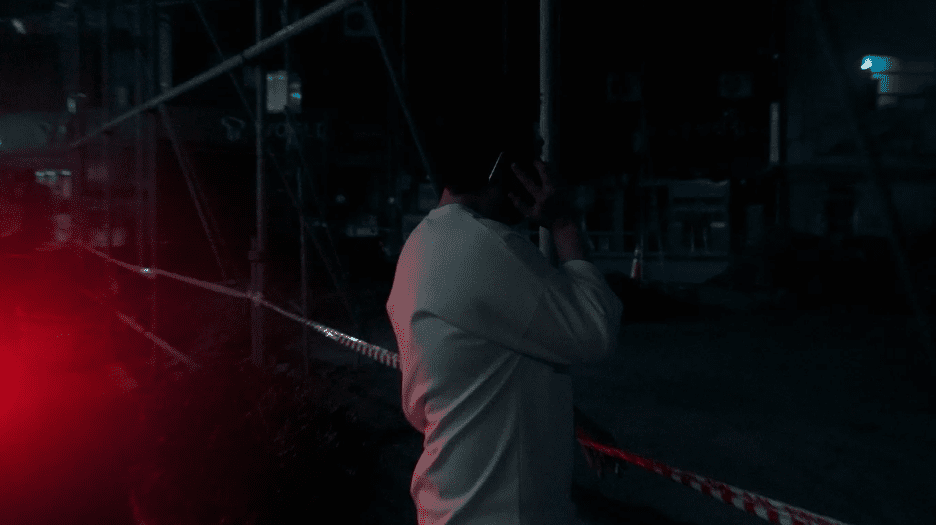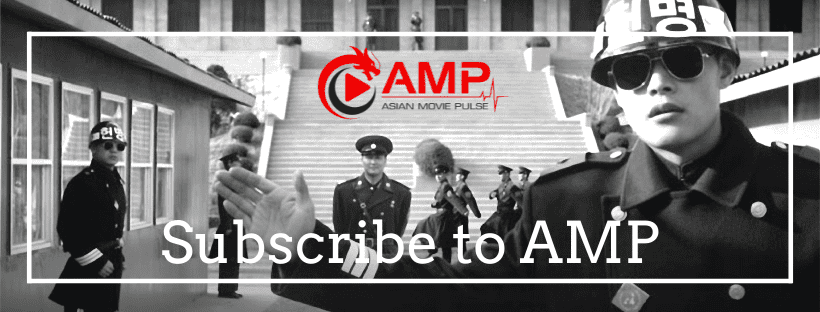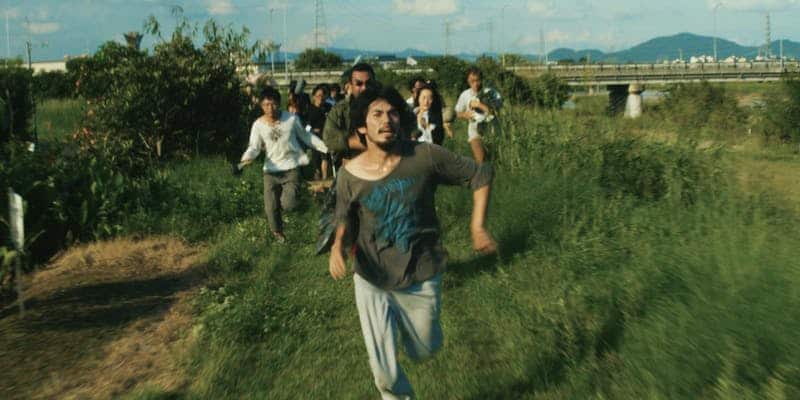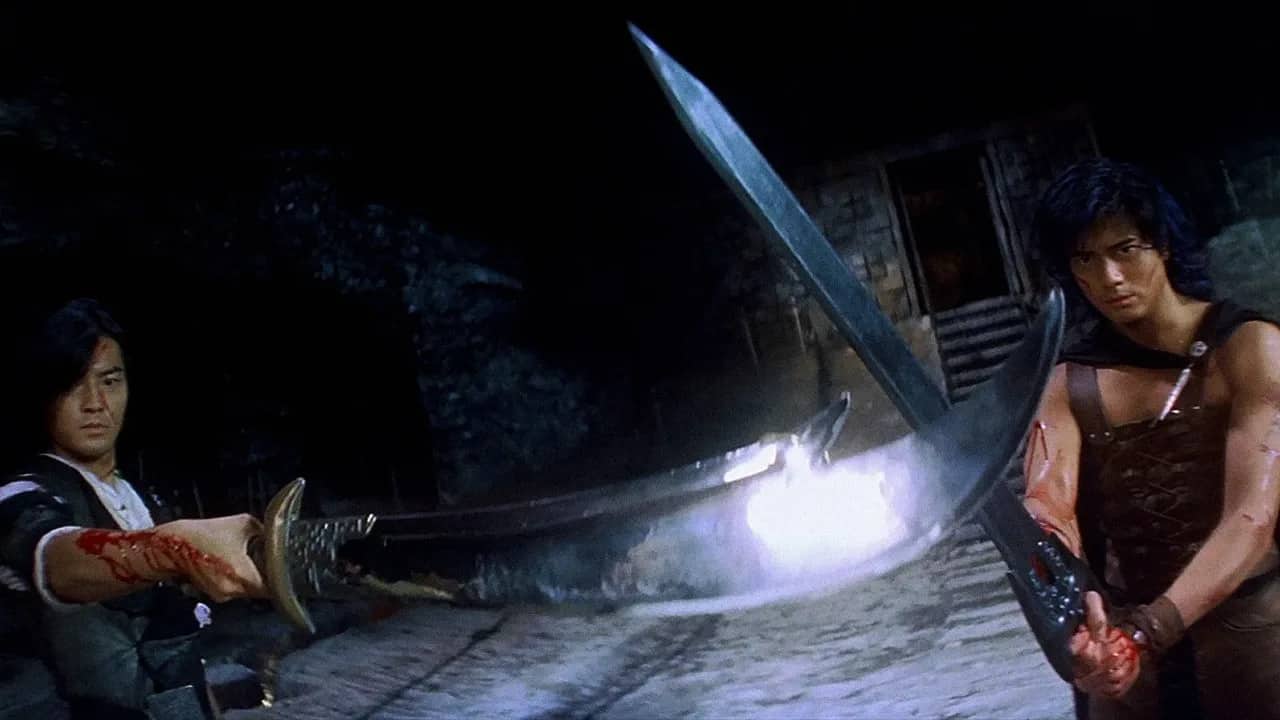The name Lee Dongwoo might not ring a bell for non-Koreans, but the documentary filmmaker has certainly been turning heads in Seoul and beyond. His debut documentary, ‘No Money, No Future' (2016) received the Grand Prize at the Seoul Independent Film Festival as well as an award for Best New Director from the Busan Film Critics Association. His second feature-length film ‘Self Portrait' (2020) won the Busan International Film Festival Mecenat Award and was selected for the Harbour section at International Film Festival of Rotterdam in 2021. His latest full-length documentary ‘Sagal: Snake and Scorpion' (2023) is a great commentary on the dark underbelly of South Korean capitalism, but the director might be losing some of the momentum he's been gathering over the past decade.
Sagal: Snake and Scorpion screened at International Film Festival Rotterdam
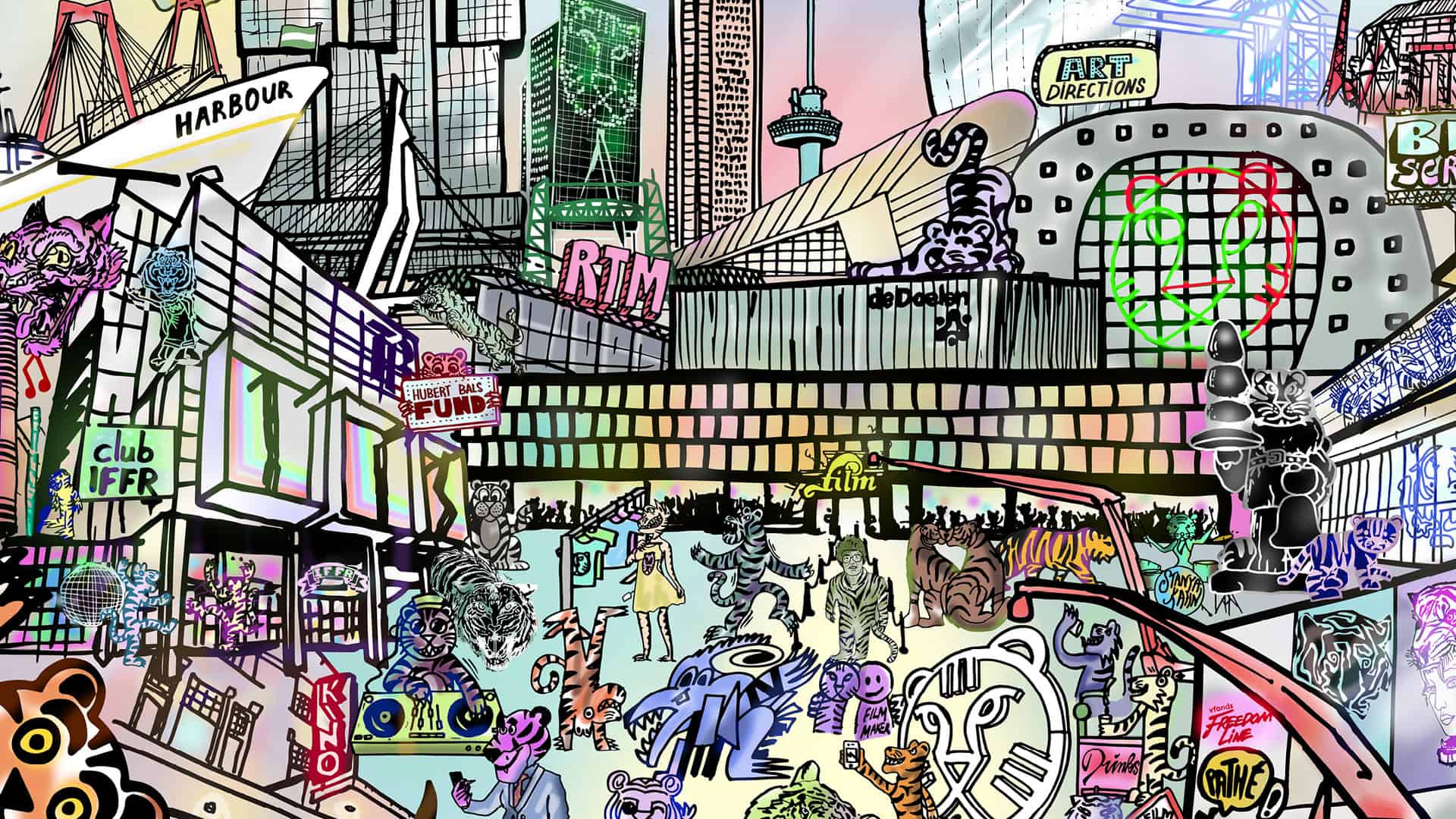
‘Sagal: Snake and Scorpion' begins with the filmmaker explaining how he discovered that his former classmate from film school–a man named Geonho–whom he had not seen for six years, had been borrowing money using his name. Reaching out to Geonho, Lee learns that his friend has become a loan shark himself, is addicted to gambling, runs an illegal internet scamming operation and occasionally steals money from his employers. Instead of pointing fingers at Geonho, Lee Dongwoo instead decides to follow him–camera in-hand and recording–in an attempt to understand him. Why does Geonho do what he does? How far will he go?
What the film succeeds in doing is portraying the complexities of South Korean loan shark life. Very quickly, viewers get the sense that Geonho is down bad, and his life is only going to get much, much worse. Through his nefarious activities, he also interacts–in-person and over the phone–with multiple other individuals who are in similar positions as himself. The loan shark life goes much deeper than a simple IOU: ‘Sagal: Snake and Scorpion' shows that debt has many complex levels, and uncovers another section of South Korean society surviving outside the legal economic system. This is all shown through raw footage and close-up shots or Geonho's errands and questionable activities.
Despite this, there are certainly some issues with pacing, and the film's main messages could easily be conveyed in much less than its over-two-hour length. In some ways, this movie feels like Josh and Benny Safdie's 2019 film ‘Uncut Gems' but on half-speed. We understand immediately that Geonho's demise is imminent; yet it comes extremely slowly, making the viewing experience somewhat dreadful in its slower moments. And of course, there's the attitude of the protagonist himself. Geonho's approach to life is both self-aware and often self-deprecating, and this leads to moments that are simultaneously funny and poignant. But at other times, Geonho's dark sense of humor and self-awareness feels like a little bit too much of a deep cut: His negative approach to life and lack of enthusiasm might infuriate viewers from time to time.
‘Sagal: Snake and Scorpion' might have moments which lack momentum, and viewers might occasionally find it difficult to stay captivated. However, one thing cannot be denied: Lee Dongwoo's latest film is extremely genuine, and provides a candid examination of a debt-ridden man lost in the outskirts of South Korea's legal economic system.


